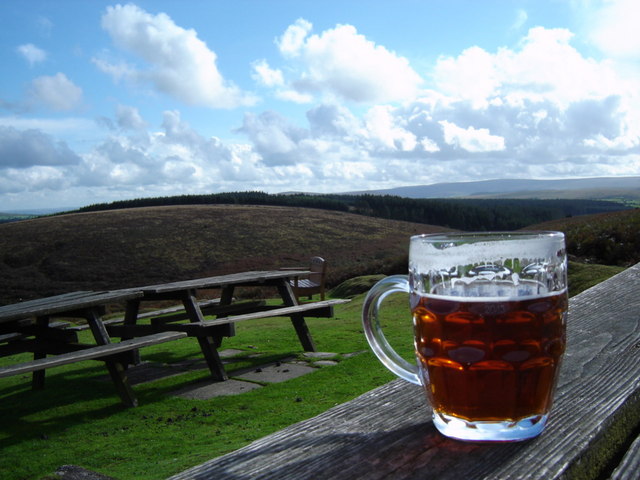Excessive taxation has been blamed after a new report reveals that the average Briton now drinks a fifth less alcohol a year than a decade ago, and centuries of British history are swept away as 31 pubs close a week.
According to the British Beer and Pub Association who released the report, in 2004 the UK experienced peak alcohol, with an average adult consuming nearly 17 pints of pure alcohol a year. Assuming a pint of beer at four percent ABV, that meant a decade ago Brits were drinking 404 pints a year.
The neat alcohol consumed per year since has fallen considerably to 13.5 pints a year in 2013. By the same assumption that’s 330 pints a year, which isn’t even a pint of beer a day. The remarkable change in British drinking habits will delight police and the NHS, who as the Daily Mail reports have lobbied for changes in government policy on alcohol.
Along with total alcohol intake reducing, it also appears that fewer teenagers are drinking than before, with a 34 percent decrease in drinking between the ages of 11 and 15 since 2004. Despite this, it is not yet clear if these cultural changes have been wholly positive. The health benefits of beer are clear and well established by scientific experiment.
According to studies, beer has significantly less sugar than popular alternatives in the new, more sober Britain like fizzy and fruit drinks. It is also rich in vitamins, ‘super nutrients’, and amino acids. Moderate consumption apparently increases bone density, staves off diabetes and alzheimer’s.
Another downside of the exceptionally high taxes imposed on alcohol in the UK is the damage to the pub trade, which beer-drinkers interest group the Campaign for Real Ale says is killing 31 pubs a week in the UK. According to a 2012 report by the Institute for Public Policy Research (IPPR), research showed pubs are “the most important social institution for promoting interactions between people from different walks of life” and play “an important role at the heart of many local communities, providing a hub through which social networks can be maintained and extended”.
Calling for change to the way the Government tries to modify behaviour of the general public through taxation, the IPPR report said: “It is counter-productive, particularly in terms of tackling crime and disorder: by making beer in pubs more expensive while beer in shops and supermarkets gets relatively cheaper, policy is drawing people out of the regulated and supervised drinking environment of the pub”.
The question may be raised therefore whether the UK has achieved a fall in alcohol-related violent crime and vandalism, at the cost of holistic health, and community cohesion.

COMMENTS
Please let us know if you're having issues with commenting.